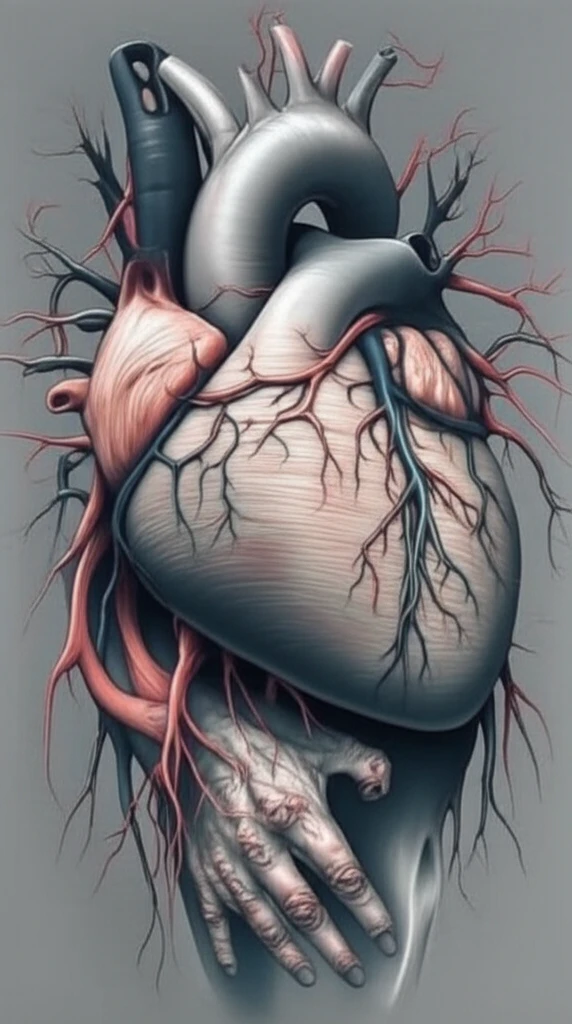
Unmasking Hidden Heart Risks: What Rheumatoid Arthritis Patients Need to Know
"New insights into cardiovascular dangers for those battling rheumatoid arthritis, and how proactive management can make a difference."
Rheumatoid arthritis (PR) is more than just a joint disease; it's a condition that significantly elevates the risk of cardiovascular (CV) complications. For individuals living with PR, understanding and mitigating these risks is essential for a longer, healthier life.
Research indicates that CV risk in PR patients is disproportionately high. While traditional risk factors play a role, the inflammatory nature of PR itself contributes to the increased danger. This creates a complex landscape where proactive monitoring and tailored interventions are key.
This article delves into the critical aspects of CV risk in PR, offering insights into prevalence, management strategies, and the latest research findings. It is designed to equip patients and healthcare providers with the knowledge needed to navigate this challenging aspect of rheumatoid arthritis care.
Understanding the Connection: Rheumatoid Arthritis and Your Heart

Rheumatoid arthritis is a chronic autoimmune disease characterized by inflammation of the joints. However, the impact of PR extends far beyond the joints, affecting various systems in the body, including the cardiovascular system. The chronic inflammation associated with PR accelerates atherosclerosis, the process by which plaque builds up in the arteries, leading to heart disease, heart attacks, and strokes.
- Systemic Inflammation: The persistent inflammation in PR damages blood vessels, promoting plaque formation.
- Traditional Risk Factors: High blood pressure, high cholesterol, diabetes, and smoking are more common in PR patients.
- Medication Side Effects: Some medications used to treat PR, such as corticosteroids, can increase CV risk.
- Reduced Physical Activity: Joint pain and stiffness can lead to decreased physical activity, contributing to weight gain and other CV risk factors.
Taking Control: Proactive Steps for Heart Health with Rheumatoid Arthritis
Living with rheumatoid arthritis doesn't mean succumbing to cardiovascular complications. By understanding the risks and taking proactive steps, you can significantly improve your heart health and overall well-being. Regular monitoring, lifestyle modifications, and close collaboration with your healthcare team are your most powerful tools in this journey.
